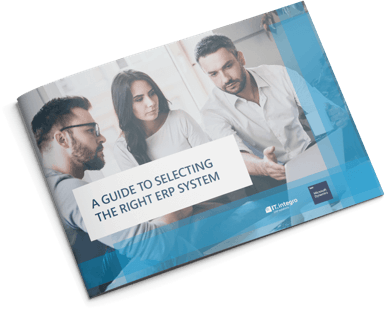What is an ERP system?
Implementing an ERP system is a costly investment. Choosing the right solution that is easily customizable and meets the specific business demands can be a daunting task.

Implementing an ERP system is a costly investment. Choosing the right solution that is easily customizable and meets the specific business demands can be a daunting task.
Begin with answering a few crucial questions to determine whether an ERP system is actually needed.
How to know when it’s the right time to switch to an ERP system? Are you considering investing in a complex management system that will support your business and facilitate its growth?


What are the critical areas of your business: distribution, production, finance or CRM? You may look at the venture from a different perspective and consider the potential benefits of implementing an ERP system in the most essential areas of your business activity.
The business environment is constantly changing. Modern companies must face multiple challenges such as growing competition, developing markets and rising customer expectations.


Having regard to the uncertain economic situation, companies must re-define the importance of resource planning as well as develop new methods of its implementation. Commonly used terms such as SaaS (“Software as a Service”) and “on demand” refer to such new methods that involve software licensing and distribution models in which software applications are accessed over the Internet.
Methodology is a set of tools and good practices that secure the effective implementation of the ERP system. It has been designed based on many-year experience of Microsoft consultants and partners. It incorporates proven procedures that contribute to the faster delivery of an implementation project, its increased quality and cost reduction.

